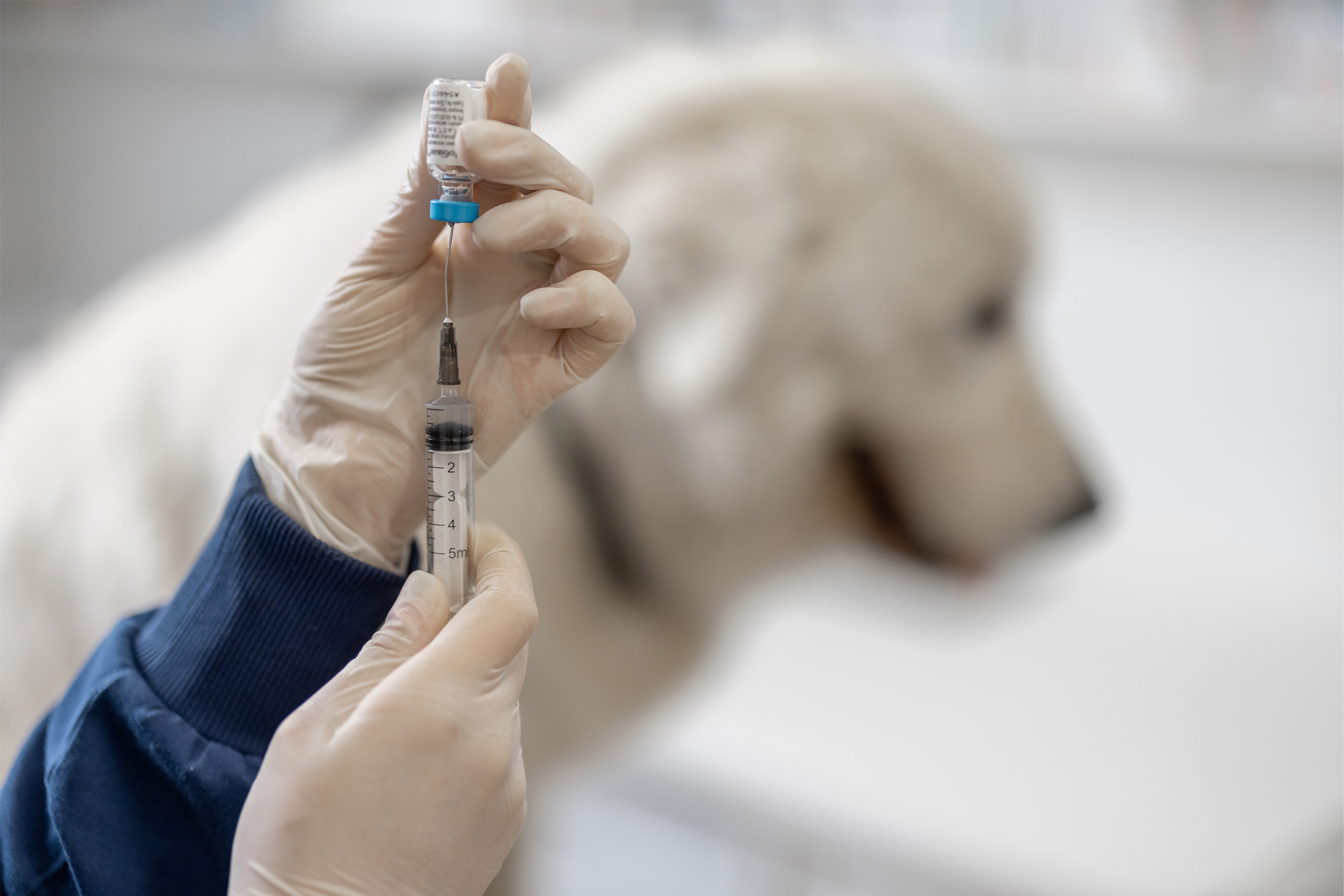“Working on the right thing is probably more important than working hard.” – Caterina Fake
A former workmate would get off work, go to the gym and work out for an hour, then swim for 30 minutes, then go out and play basketball for about an hour. Despite his superhuman work ethic, he was never cut, and his waist still showed potential for immediate expansion. If you work for countless hours on your body, you should have more than just good health. Few things are more disappointing and annoying than investing time in something and getting little return. So how do you get more bang for your buck?
Choice, Technique, and Timing
Perform exercises that work the most muscles, like squats, deadlifts, bench press, overhead press and rows. When more muscles work at the same time, your nervous system will respond faster to muscle breakdown. You’ll also spend less time in the gym and more time eating and resting. Lifting heavier weights with less reps yields the best mass gain results. The ideal is three sets at around 8-10 reps per set. If you do too many reps, the exercise can become counterproductive. The key to loading up on weight is maintaining proper form and using the proper lifting technique. Form and technique are crucial to engaging as many muscle fibers as possible and avoiding injury. Full-body workouts exercise the same muscle groups on workout days, but use different exercises to do so. Although full-body workouts require more general body recuperation, each muscle group won’t be over-taxed, and you’ll be able to work out again in two days. For example, if you do three bench exercises (flat bench, incline, and decline), the three full-body workouts can include a different manner of chest exercise each time. This ensures that each time you work that muscle group, you have a fresh level of energy. To prevent the need for major adjustments, occasionally lower the weight and increase your number of reps.Training and Rest
Exercise and weight training break down muscle fibers, which signals the nervous system to rebuild the damaged parts by releasing growth hormone. If you overwork your muscles, they will need more repair time, meaning you have to wait longer before your workout can give you results again. What does that mean in practical terms? Don’t work out so much. Growth hormone reaches its highest levels during sleep, but the entire repair process takes more than just a night’s rest. After 4-6 weeks, a week of light workouts or rest will be needed.Training and Diet
Give your body the resources it needs to work and to rebuild.- Proteins are a big part of the muscle repair process. If you don’t get enough protein, your muscle repair will be incomplete and your workouts will be less effective.
- Complex carbohydrates provide important calories that are needed for fuel. Complex carbs are right for workouts because they are slow-burning and stable, meaning no energy spikes or crashes.
- Veggies provide nutrients that promote fat loss and encourage muscle growth and recovery.
Recent Posts
-

-
 Yesenia04/25/2024
Yesenia04/25/2024The 12 Must Have Essential Oil Video Series
-
 Yesenia04/21/2024
Yesenia04/21/2024Med Lab Supply – Your One Stop Shop for Wound Care Supplies







